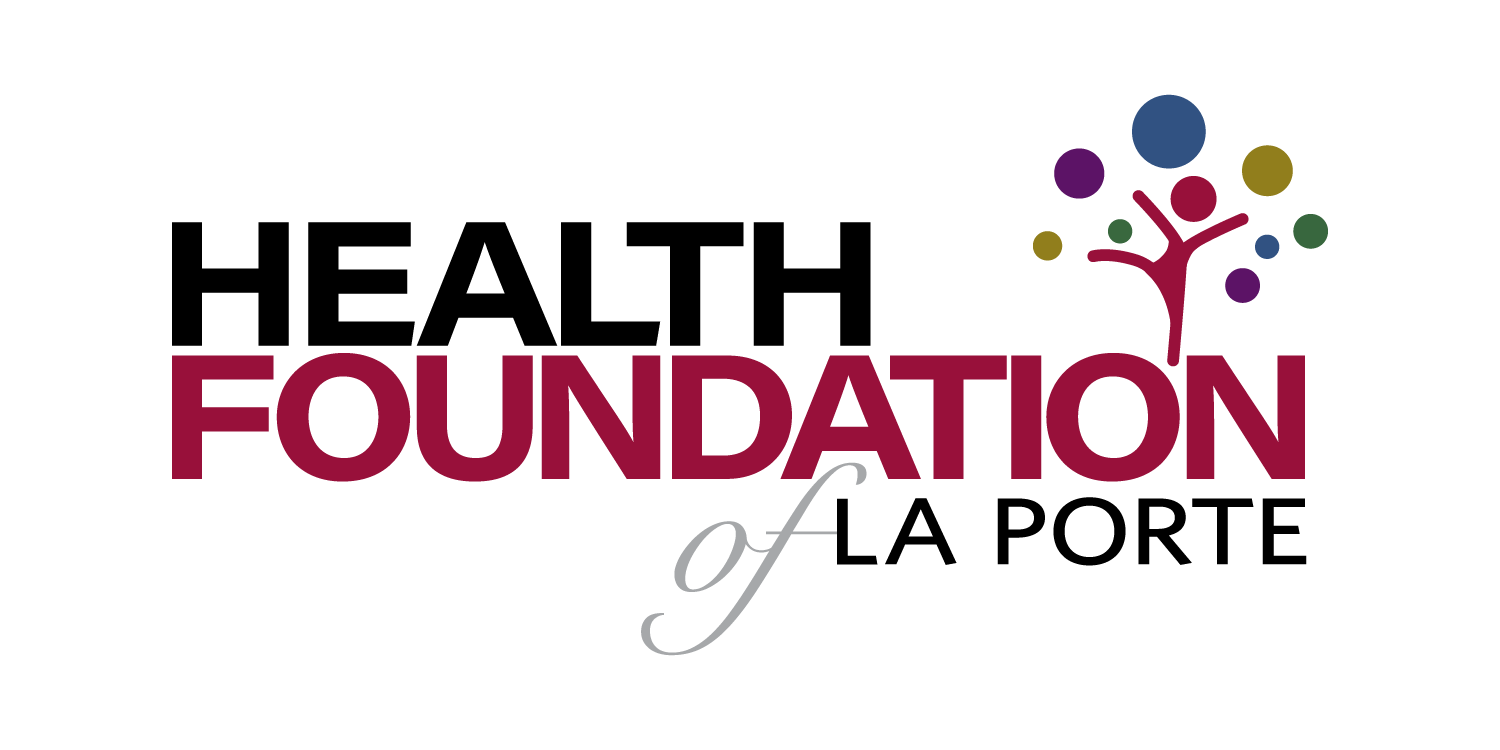Promising Practices
The Promising Practices database informs professionals and community members about documented approaches to improving community health and quality of life.
The ultimate goal is to support the systematic adoption, implementation, and evaluation of successful programs, practices, and policy changes. The database provides carefully reviewed, documented, and ranked practices that range from good ideas to evidence-based practices.
Learn more about the ranking methodology.
Filed under Good Idea, Economy / Employment, Women
Goal: The Women and Work project works to build women’s equity and increase women's economic security by expanding their occupational choices.
Impact: The Women and Work project increases resources and opportunities for women in non-traditional jobs through a variety of policy and programmatic initiatives.
Filed under Effective Practice, Health / Heart Disease & Stroke, Adults
Goal: The goal of the Act in Time campaign is to increase awareness to the signs and symptoms of heart attack and the need to call 911 for emergency medical services.
Filed under Good Idea, Economy / Employment, Children
Goal: The goal of this program is to give Manchester area youth tools to earn their GEDs and meet their career goals.
Filed under Good Idea, Environmental Health / Built Environment
Goal: The goal of this initiative was to pinpoint community conditions that were detrimental to health in the Planada, California community.
Impact: The Student Education Empowerment Development Squad (SEEDS), with the help of the Central California Regional Obesity Prevention Program (CCROPP), addressed community issues through a youth-led process using Prevention Institute’s Tool for Health and Resilience in Vulnerable Environments (THRIVE).
Filed under Effective Practice, Environmental Health / Built Environment, Adults, Racial/Ethnic Minorities
Goal: The goal of Zoning for a Healthy Baltimore is to influence the final version of Baltimore’s new zoning code by informing stakeholders and decision-makers about the new zoning code’s potential to create healthy communities and decrease health disparities, with an emphasis on preventing obesity and crime.
Impact: Zoning for a Healthy Baltimore is an HIA of the Baltimore zoning code rewrite in order to maximize the potential to create healthier communities. Since publication, Baltimore has revised its zoning code to incorporate dispersal standards and other strategies related to placement of alcohol outlets.
Note: This practice has been Archived.
Filed under Evidence-Based Practice, Health / Immunizations & Infectious Diseases, Women
Goal: The goal of the Choices intervention is to provide heterosexually active women with skills to decrease risky sexual behaviors and prevent STD transmission.
Impact: Significantly reduced risky sexual behaviors from baseline levels and maintained this reduction at twelve months post-intervention. Choices participants were significantly likely to acquire a new STD.
Note: This practice has been Archived.
Filed under Good Idea, Health / Food Safety
Goal: The goal of this program is to provide more dynamic and effective food safety training programs in order to engage food service workers and get them to adopt healthier food handling practices. In turn, this will reduce the number of food borne disease outbreaks and improve public health.
Note: This practice has been Archived.
Filed under Good Idea, Health / Alcohol & Drug Use, Families, Urban
Goal: The goal of this program is to prevent parents who are addicted to drugs from relapsing, and to prevent substance abuse among their children.
Impact: Although studies evaluating the effectiveness of this program on the behaviors of drug-using parents and their children showed some positive findings, the overall evidence suggested no effects.
Note: This practice has been Archived.
Filed under Good Idea, Health / Children's Health, Children
Goal: The goal of the KidsWalk-to-School program is to encourage physical activity as an integral part of a child’s daily routine, promote the development of safe walking and bicycling routes, and teach safe pedestrian practices to potentially reduce injury among children.
Note: This practice has been Archived.
Filed under Effective Practice, Environmental Health / Toxins & Contaminants, Urban
Goal: The main goal of the project was to reduce water consumption.
In the Greater Copenhagen area 98% of the water supply is based on ground water. However, the reliance on ground water means that the municipal water company has to face an increased number of environmental problems as the statutory water control order demands greater control and supervision of water supply plants. In consequence, Copenhagen Water had to face serious challenges concerning ground water pollution and the reduction in total wells available.

